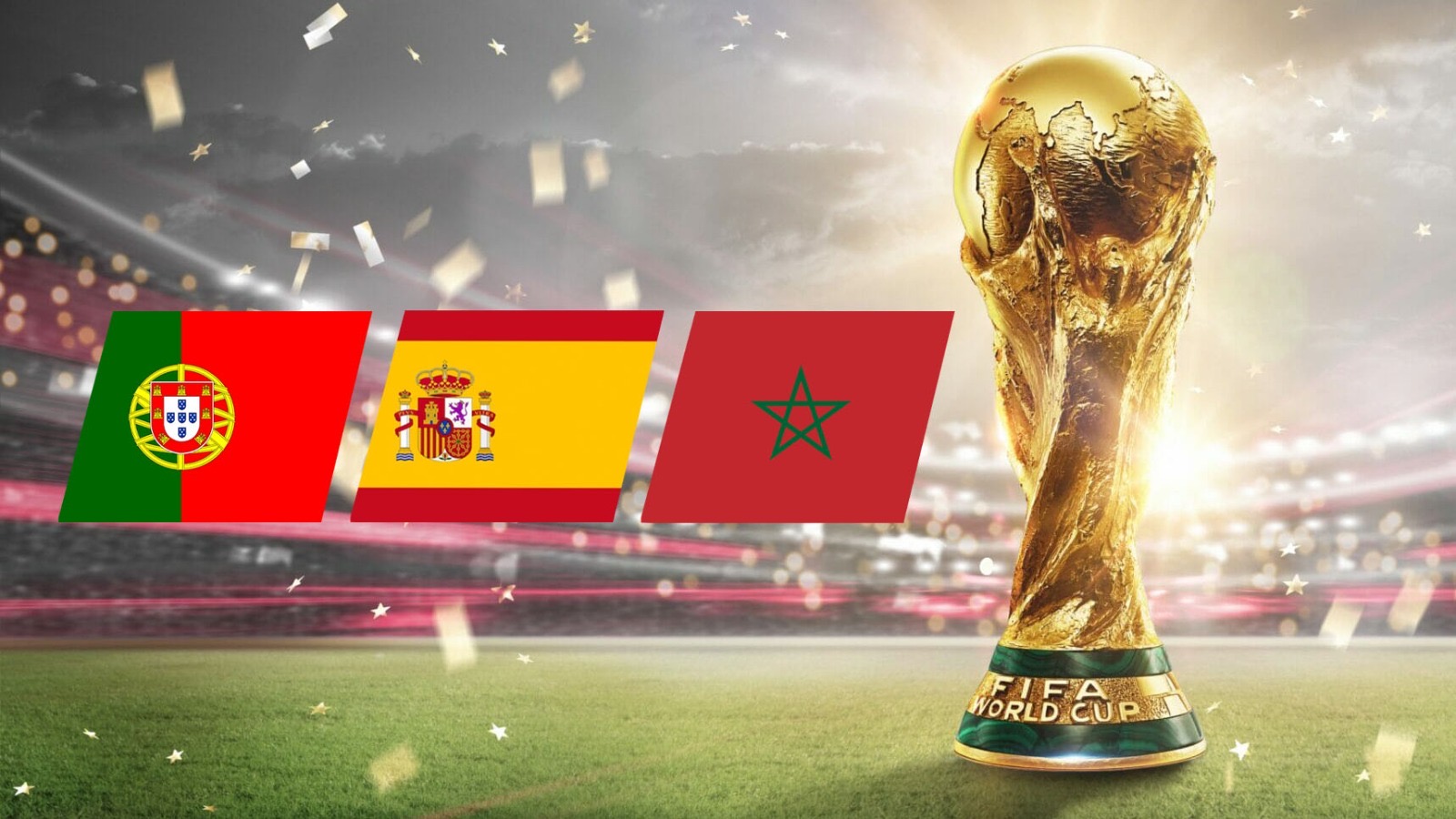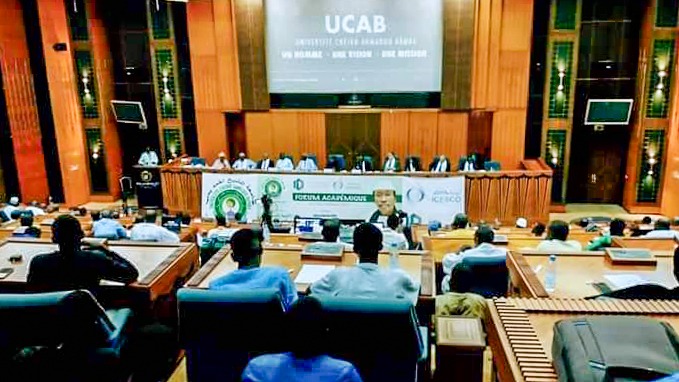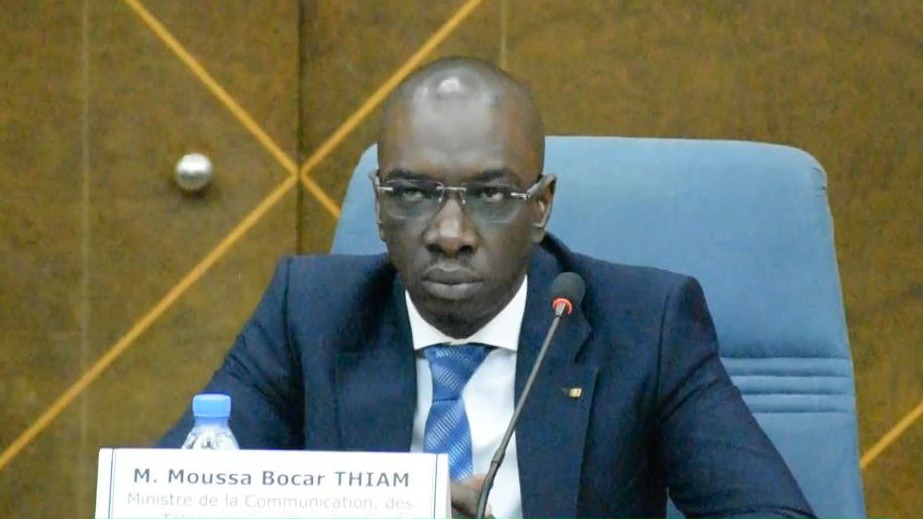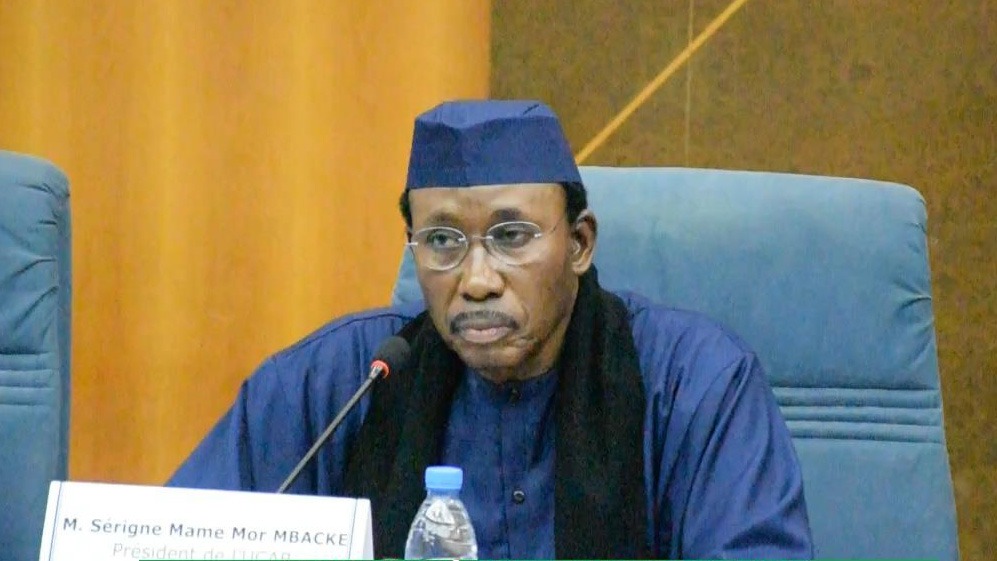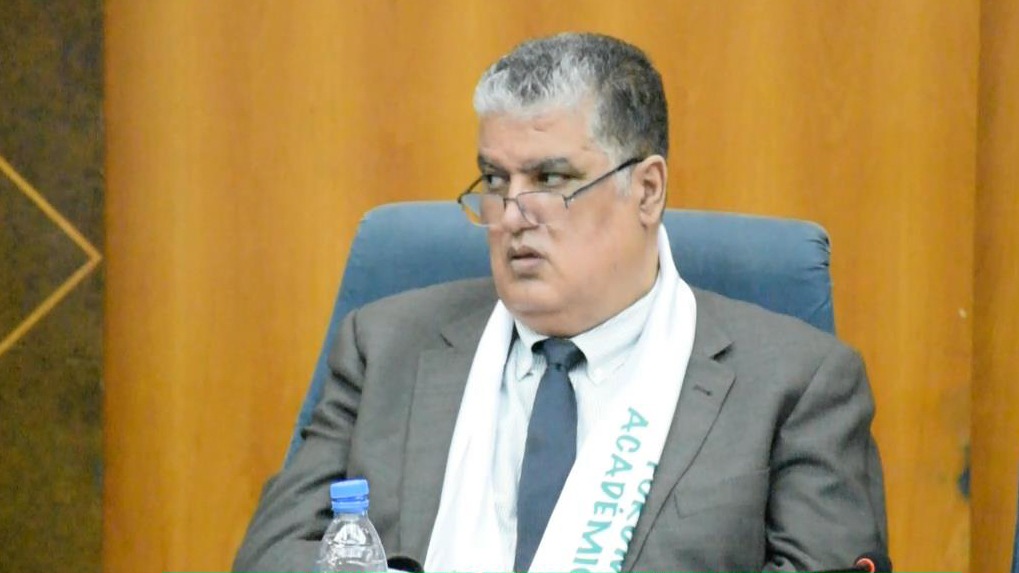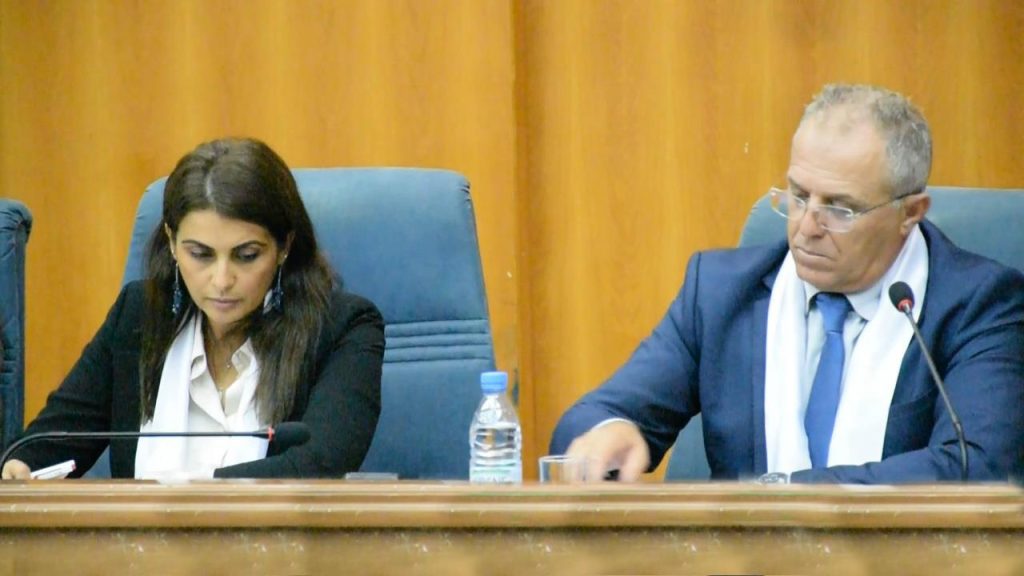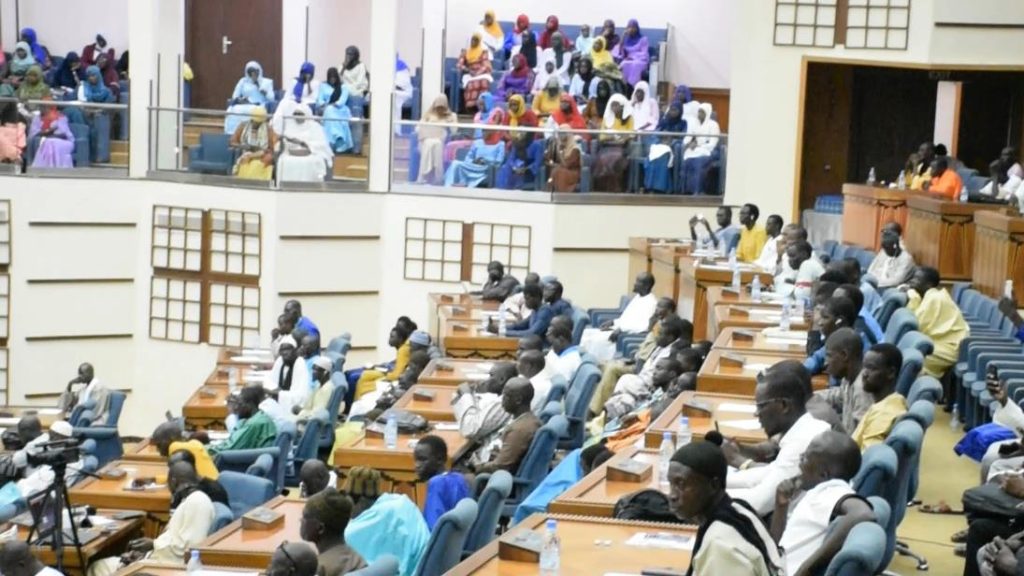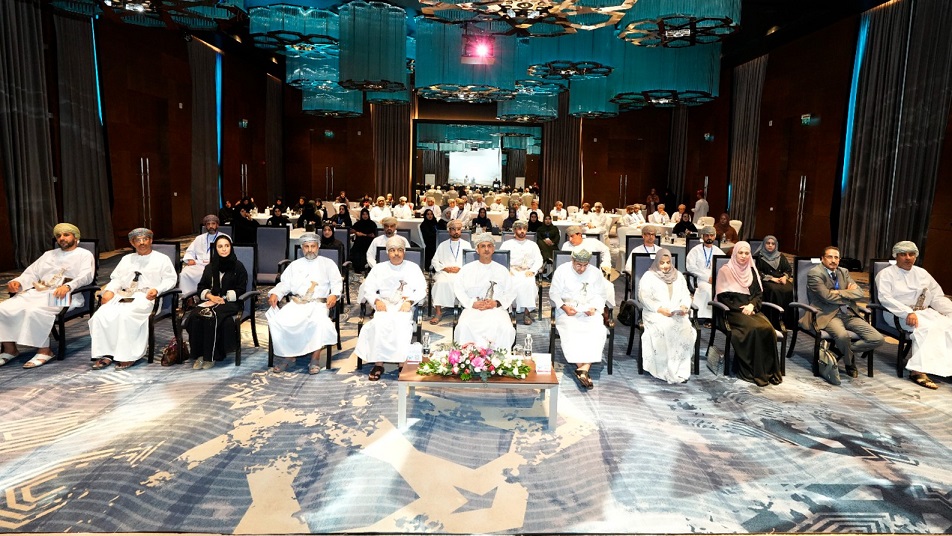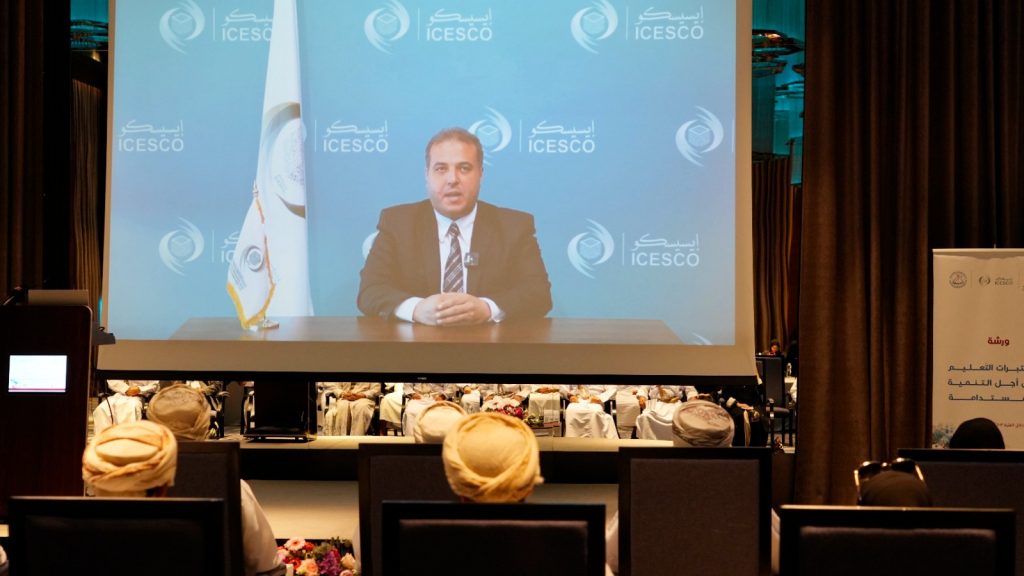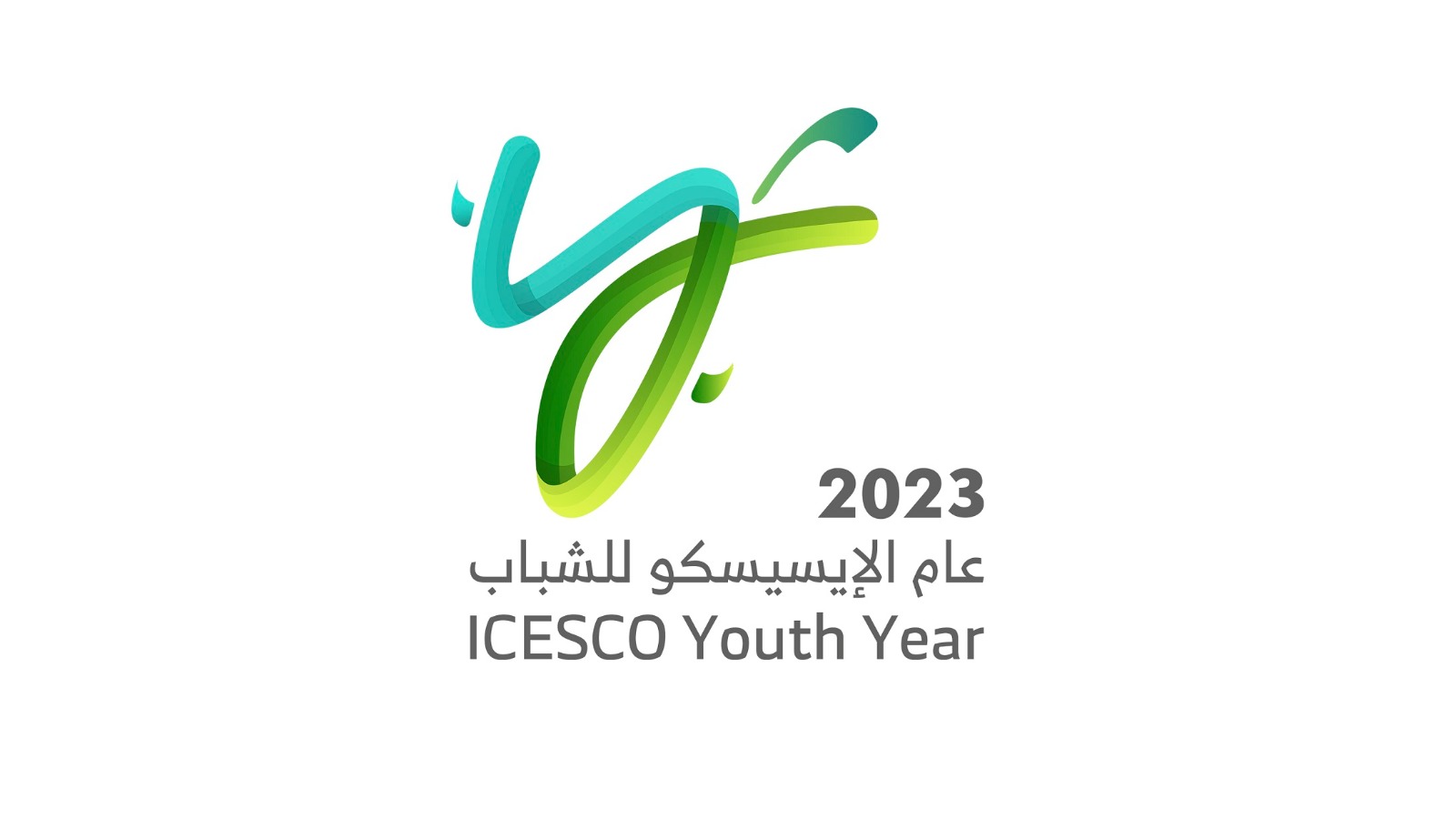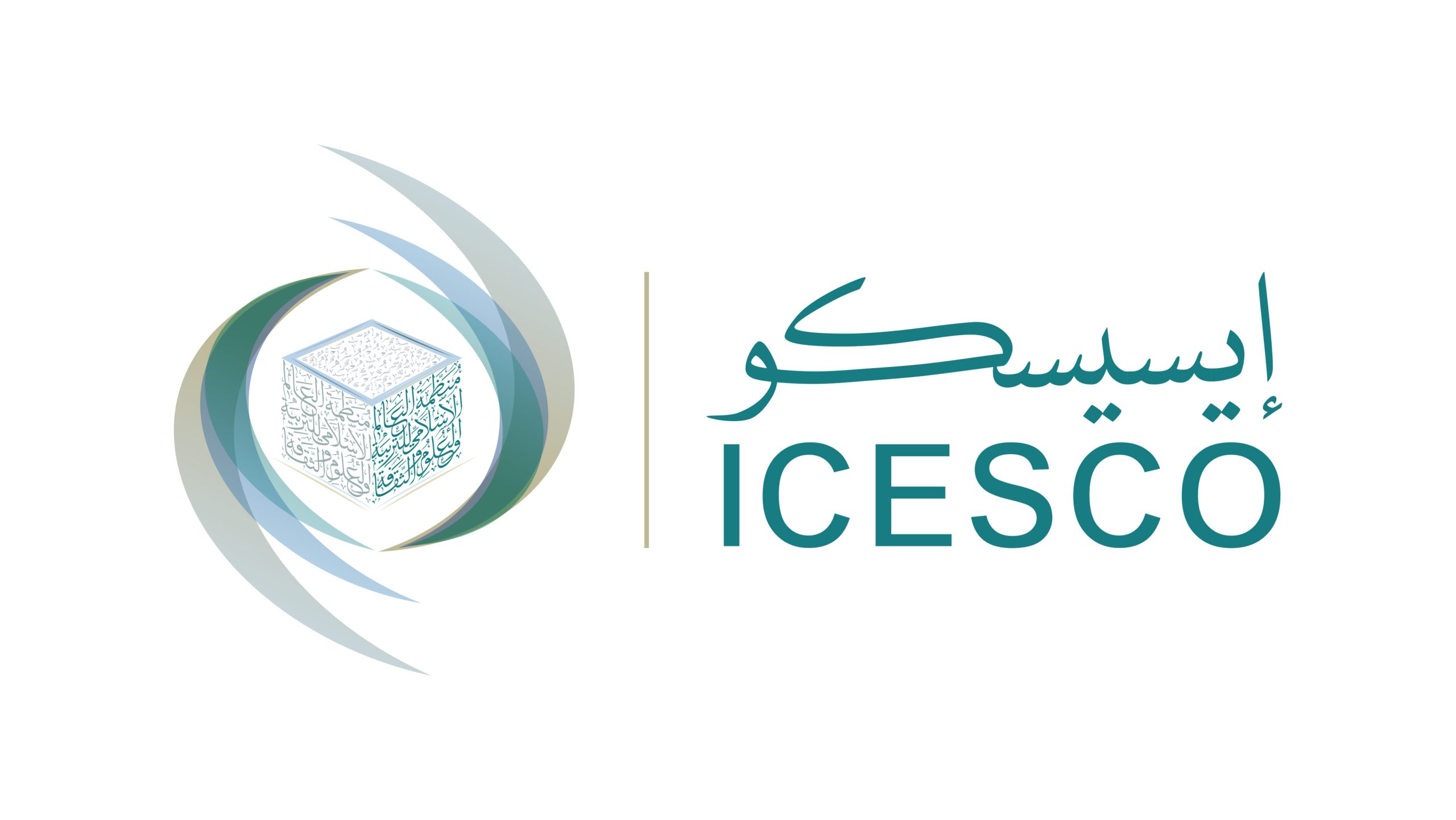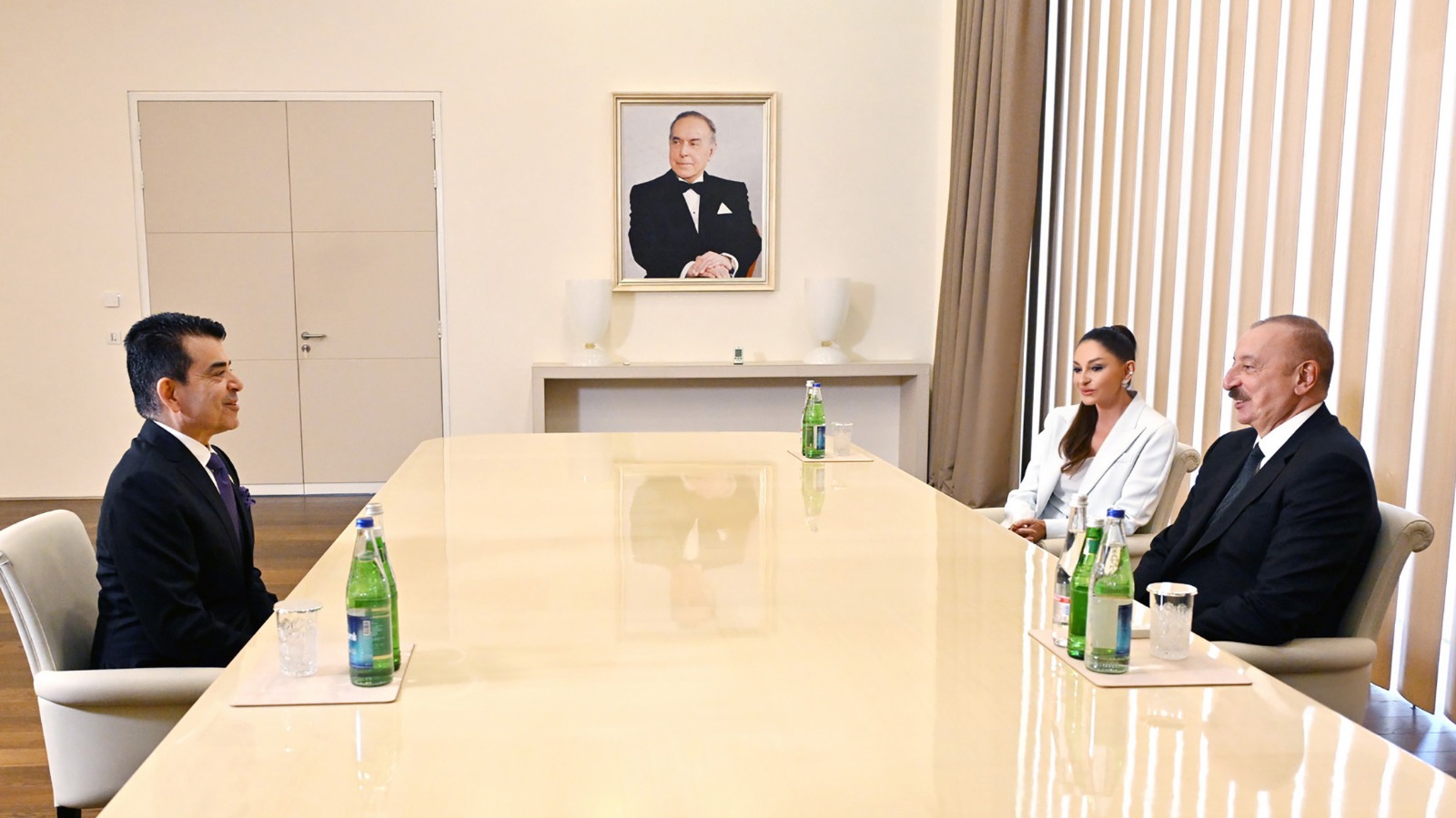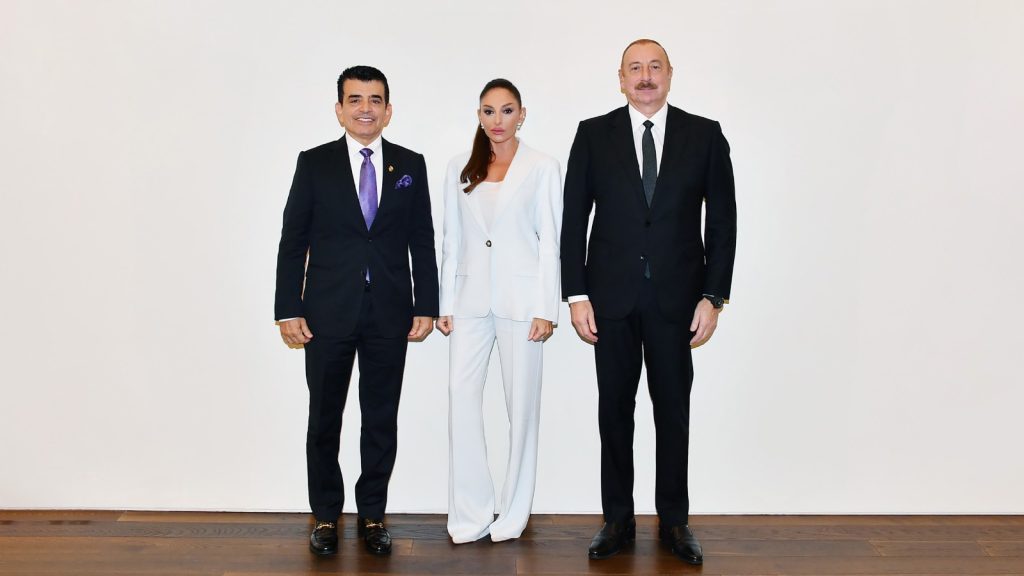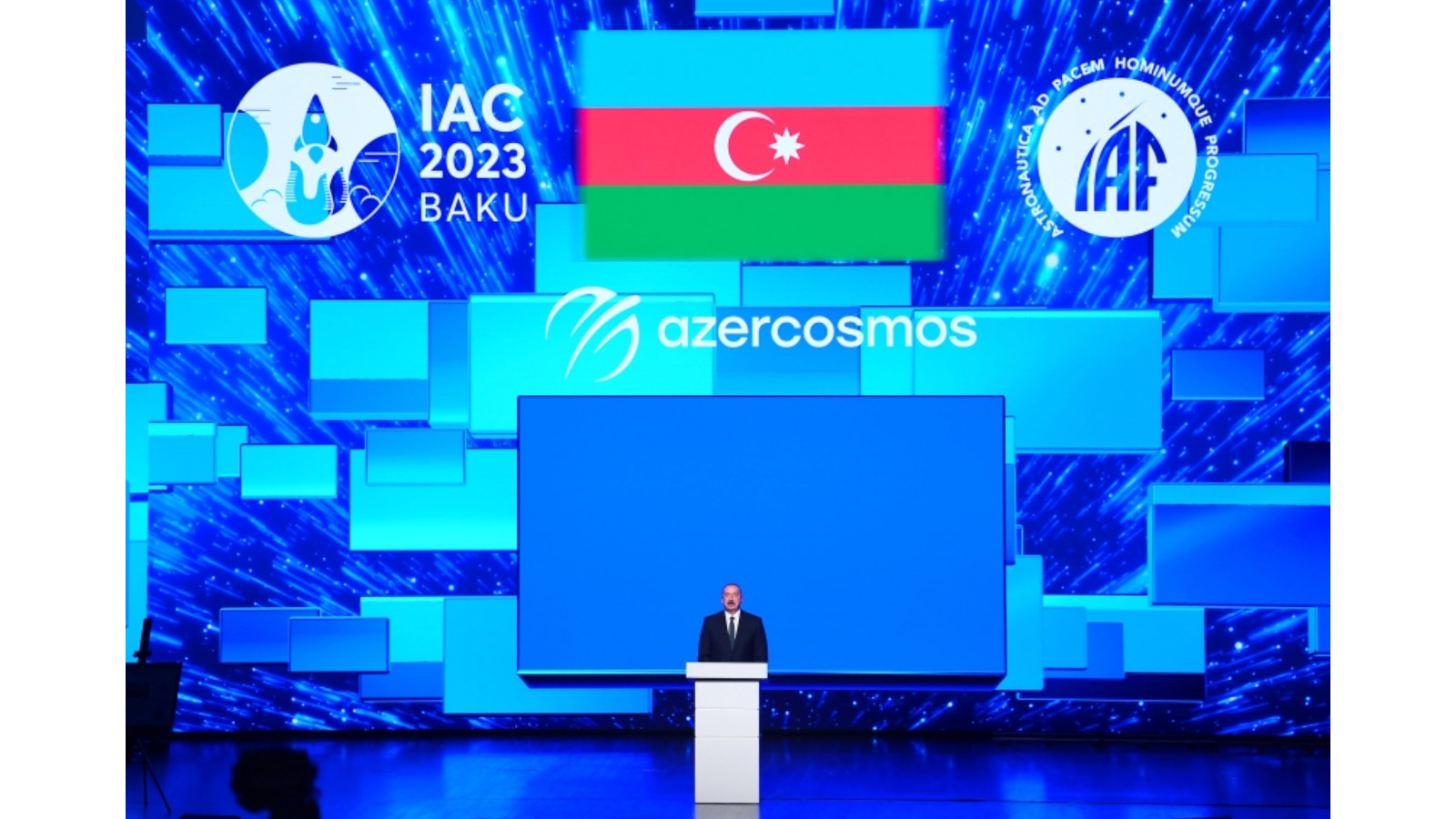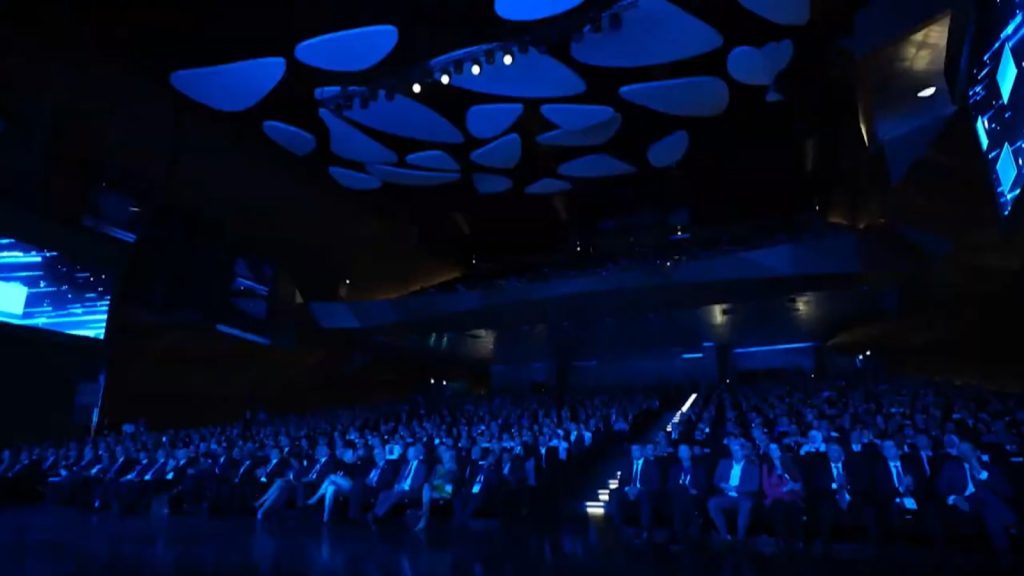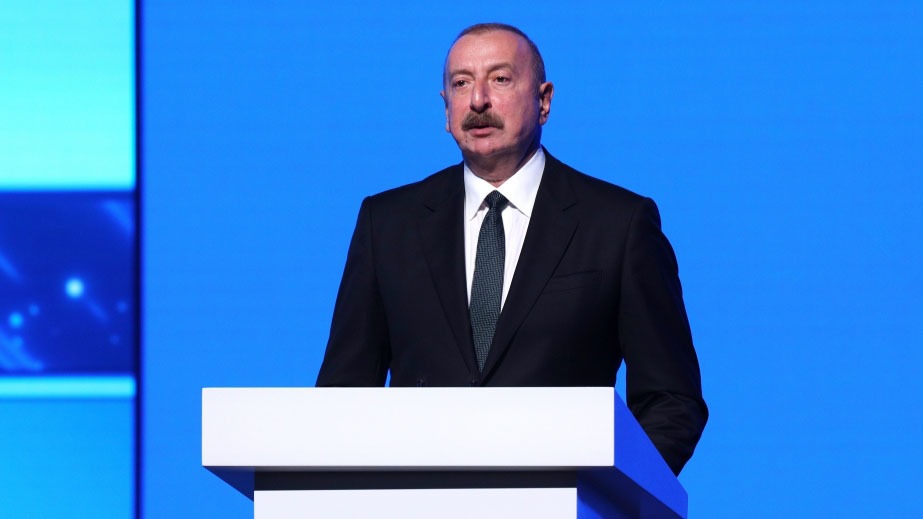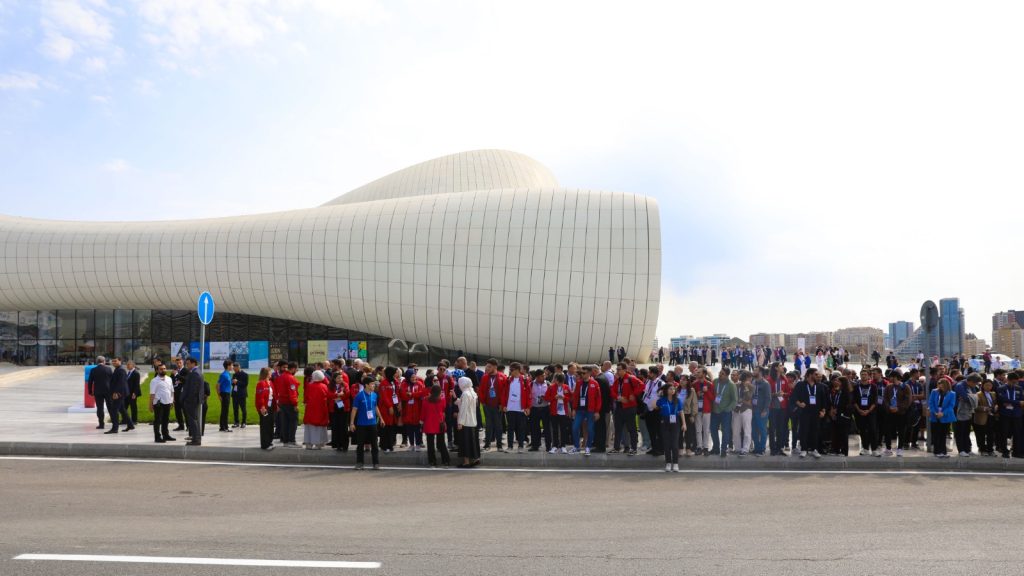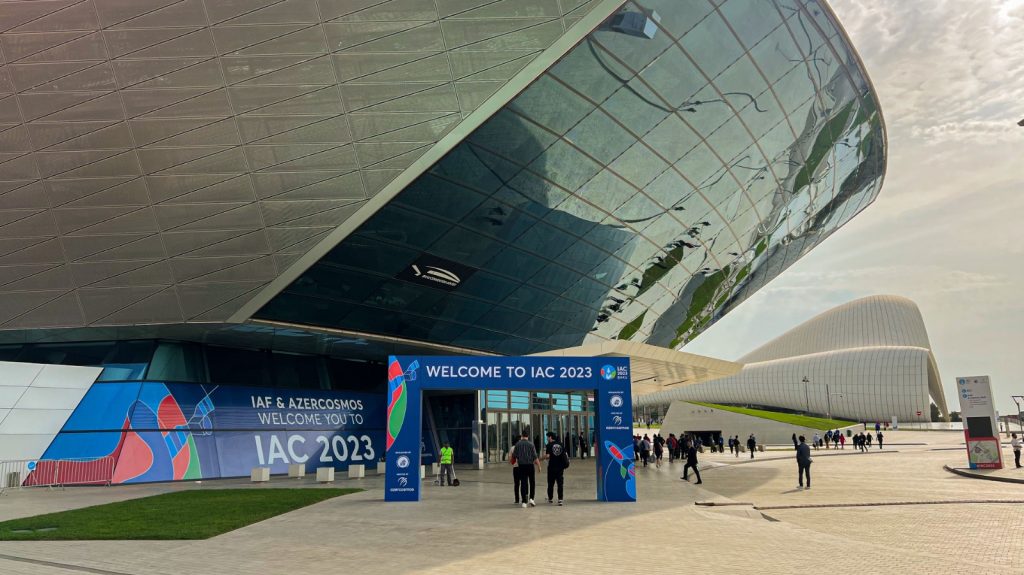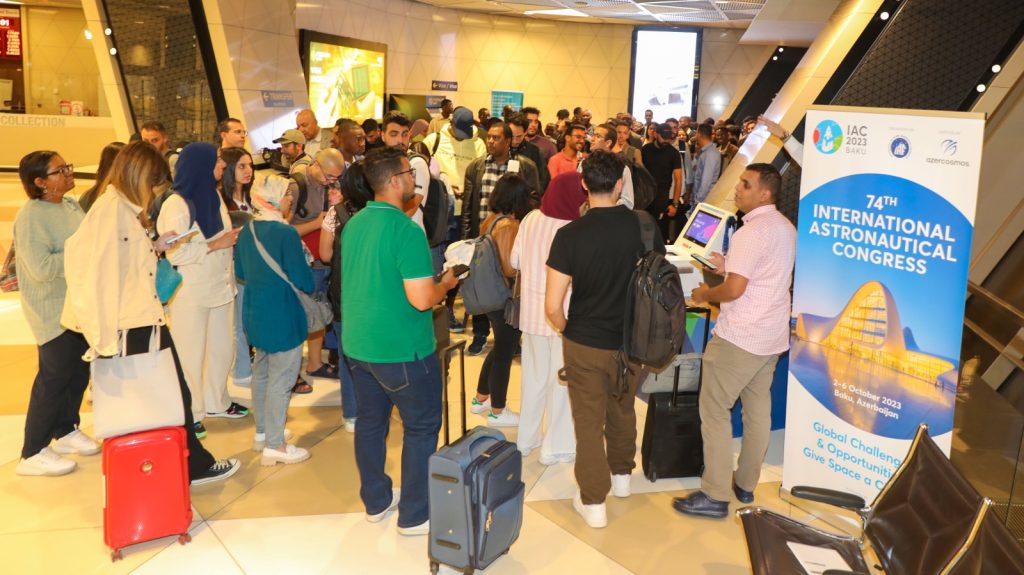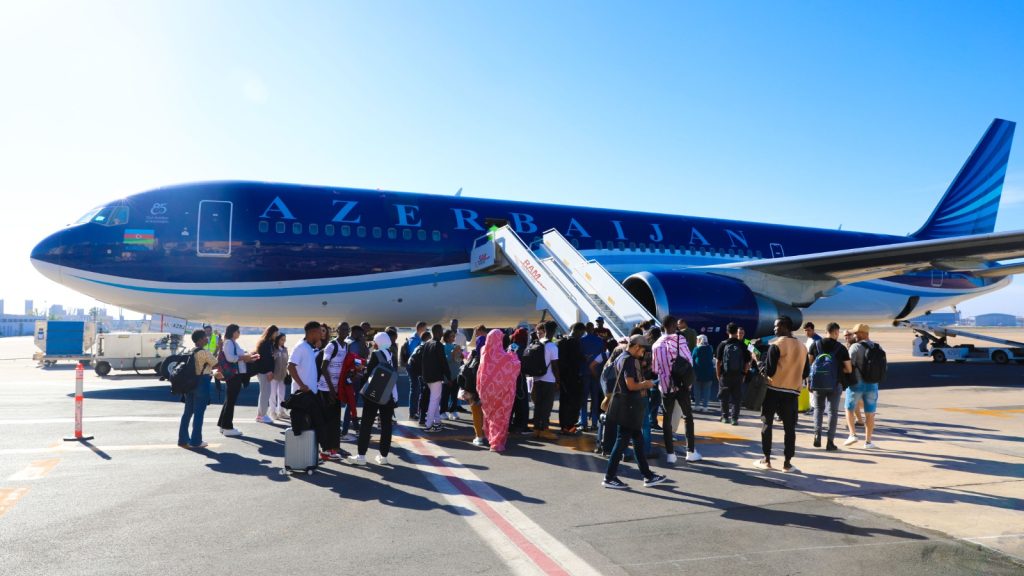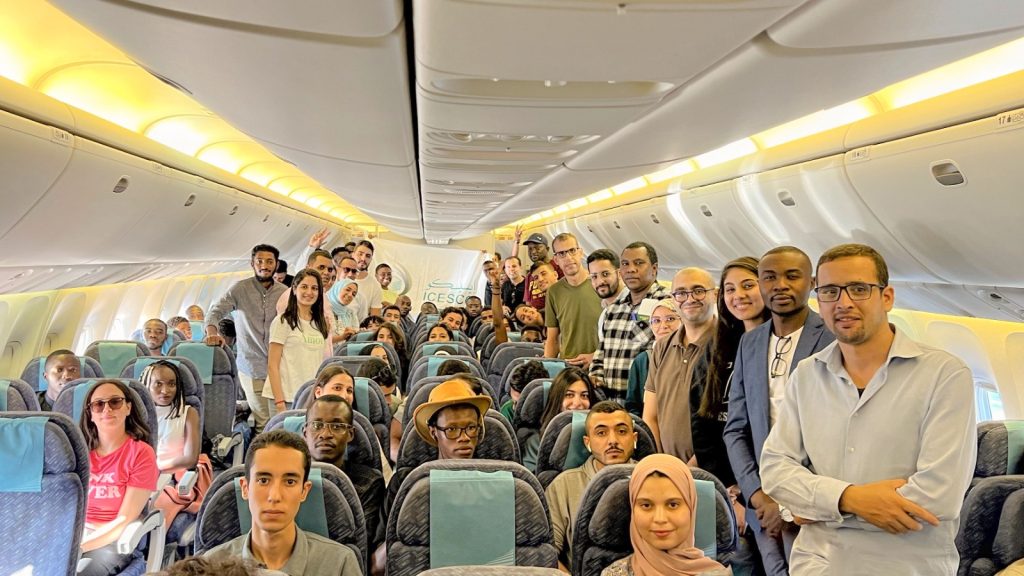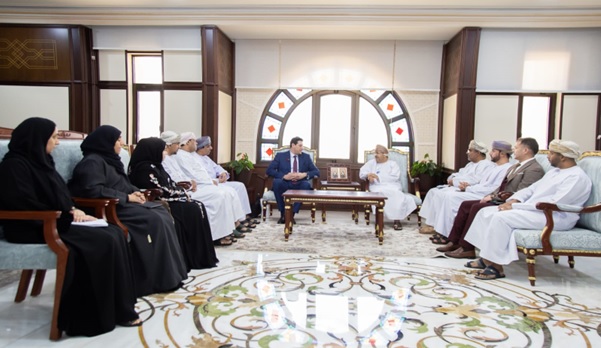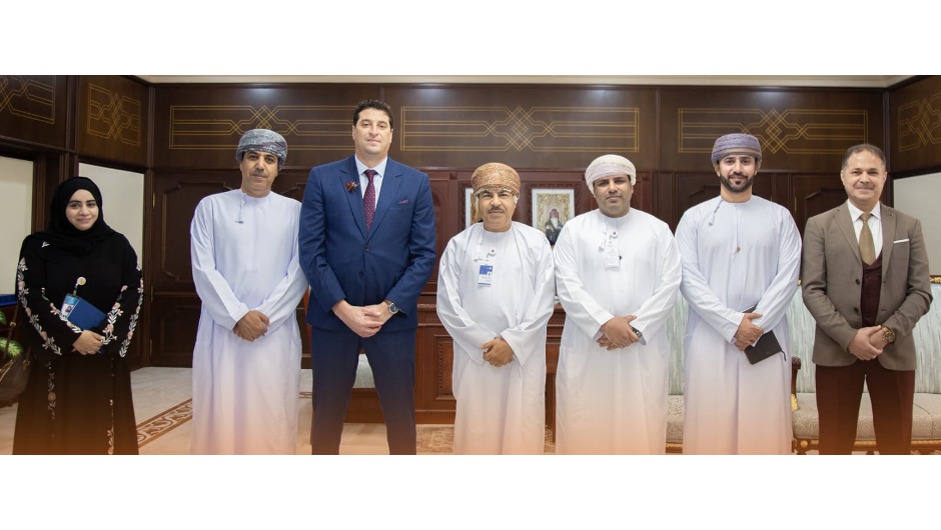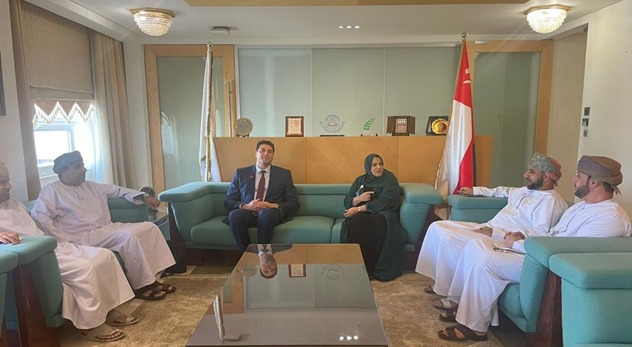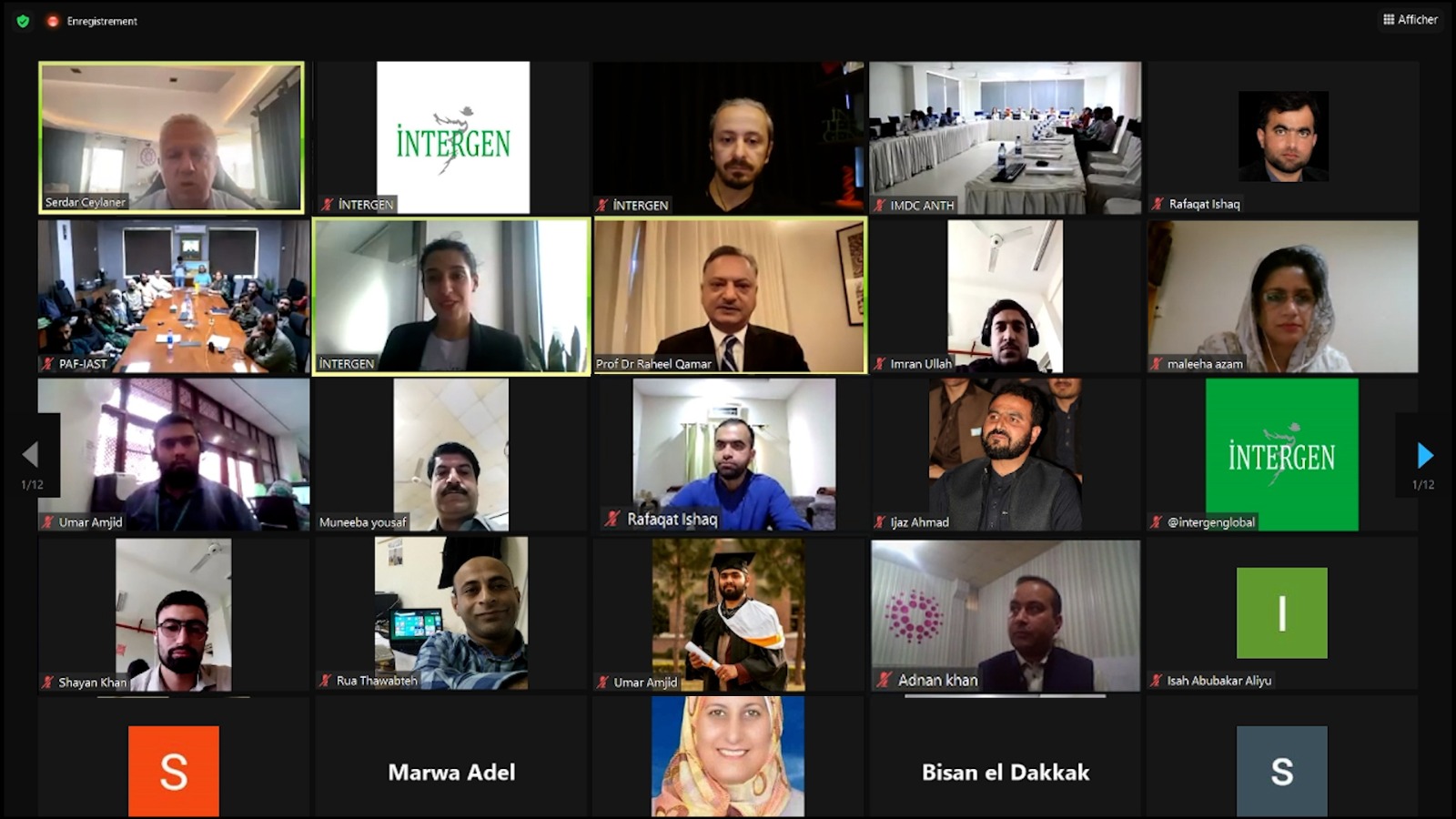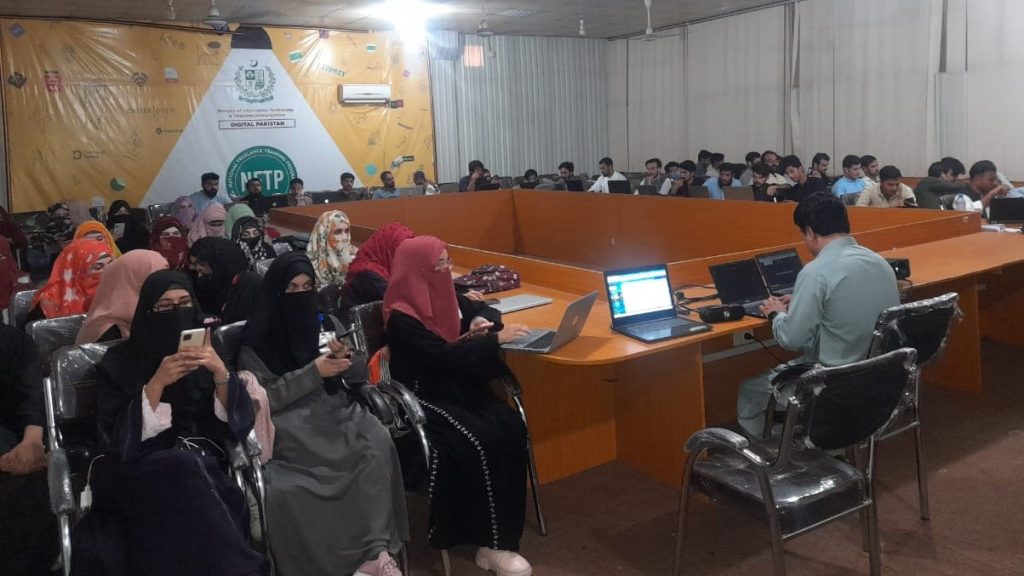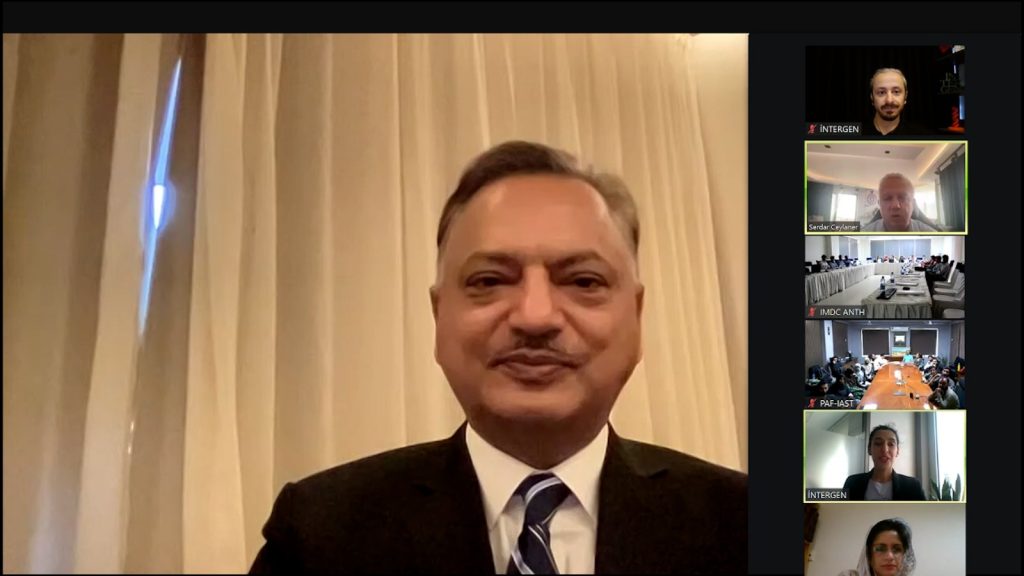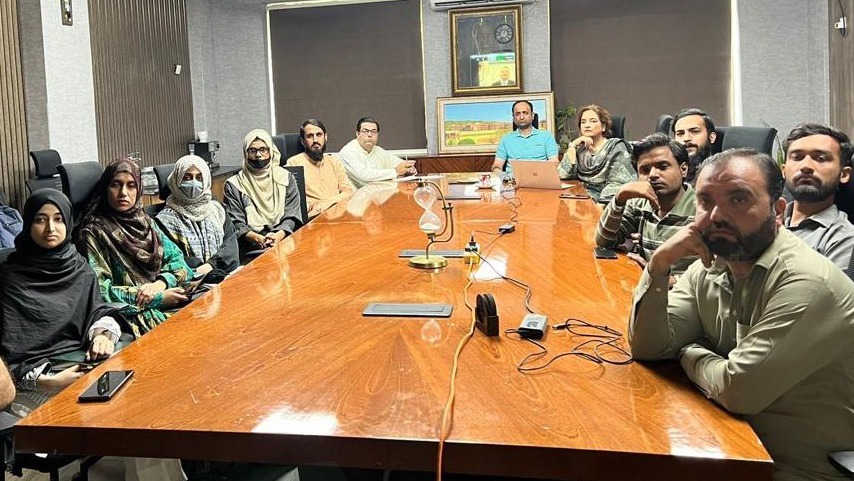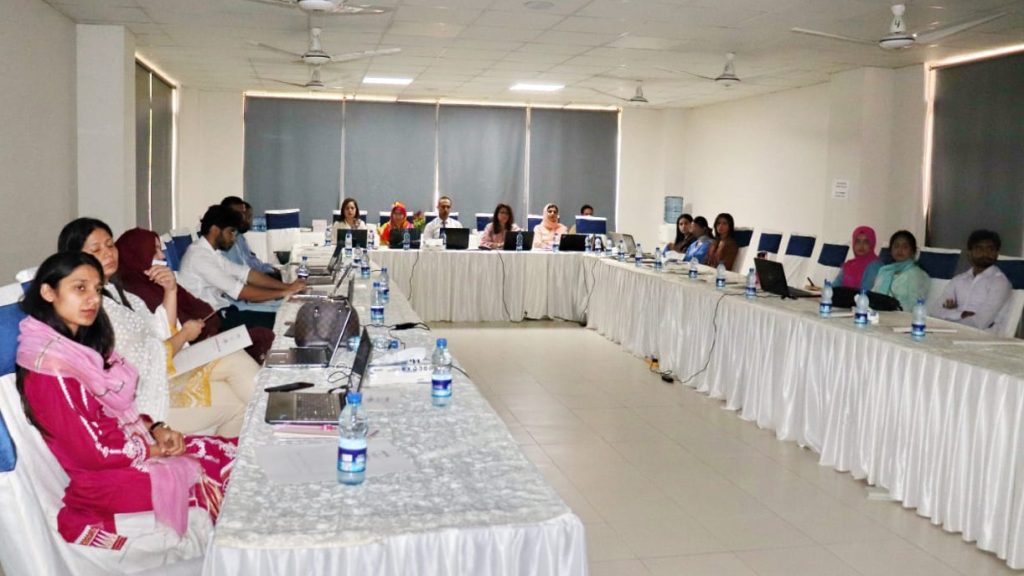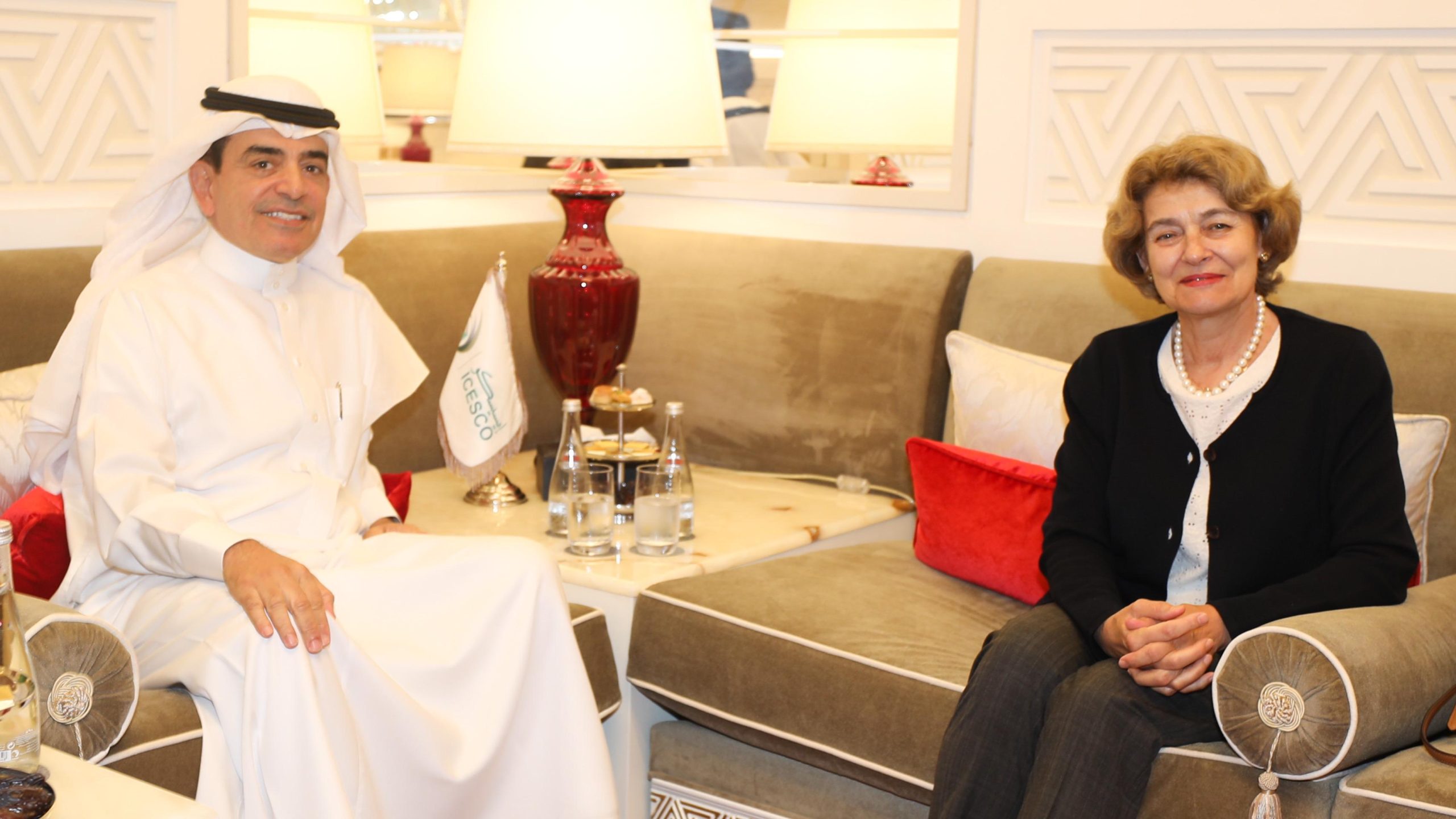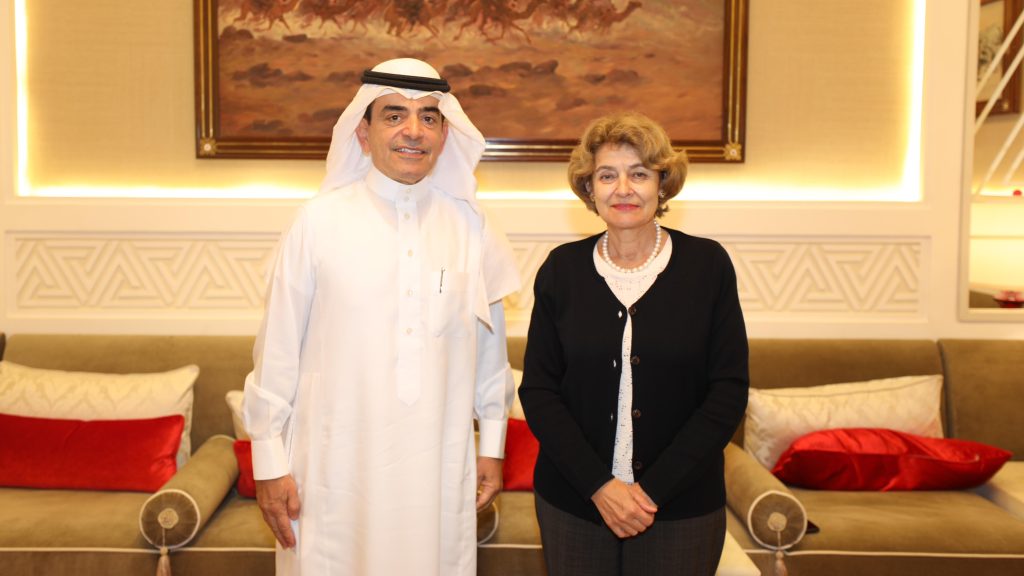Under the patronage and in the presence of His Excellency President Abdel Fattah El-Sisi, President of the Arab Republic of Egypt, the Islamic World Educational, Scientific and Cultural Organization (ICESCO), in cooperation with the Egyptian Ministry of Higher Education and Scientific Research, will hold a major international celebration to launch “ICESCO Year of Youth” on Saturday, 7 October 2023, in the New Administrative Capital, in the presence of ministers from countries of the Islamic world, ambassadors, heads of international bodies and organizations, presidents of Egyptian national, public, private and technological universities, public figures, businessmen, youth, academics, scholars, experts and researchers in various scientific, educational and cultural disciplines from Egypt and the countries of the Islamic world.
Dr. Ayman Ashour, Egyptian Minister of Higher Education and Scientific Research, explained that the celebration includes several important topics, including ICESCO’s vision in the field of building the capacities of youth of the Islamic world, the efforts of the Egyptian government in caring for and empowering youth during the era of President Abdel Fattah El-Sisi, and the role of the Ministry of Higher Education in supporting creators and innovators, pointing out the honoring of a group of creative, talented and innovative young people in the Islamic world.
For his part, Dr. Salim Al-Malik, ICESCO Director-General, indicated that the Organization is implementing many ambitious programs and projects geared towards building the capacities of young people, in coordination with the National Commissions for Education, Science and Culture in Member States. This is part of the Organization’s vision and strategic orientations which place strengthening and preserving the national identity of young people at the top of its priorities, seek to motivate them to innovate in the fields of modern technology, artificial intelligence applications and the metaverse, and benefit from their strengths. ICESCO’s vision also seeks to develop young people’s skills to keep pace with the requirements of tomorrow’s professions and urges universities in the Islamic world to develop their curricula to train young people capable of keeping pace with the rapid global transformations.
ICESCO DG further stated that ICESCO’s programs and projects during the Year of Youth will focus on young people and direct them to develop their capacities and raise their awareness to play their key role in preserving the environment and protecting the planet from the risks of climate change.
It is worth noting that ICESCO, with 54 Member States, was established in 1982 and is headquartered in Rabat, Kingdom of Morocco. It aims to achieve interconnection, integration and strategic coordination among the countries of the Islamic world in its areas of competence, as well as strengthening the capacities of educational systems and improving their indicators in Member States, in addition to stimulating the comprehensive cultural development of the peoples of the Islamic world. The organization’s headquarters are located in the Moroccan city of Rabat.

